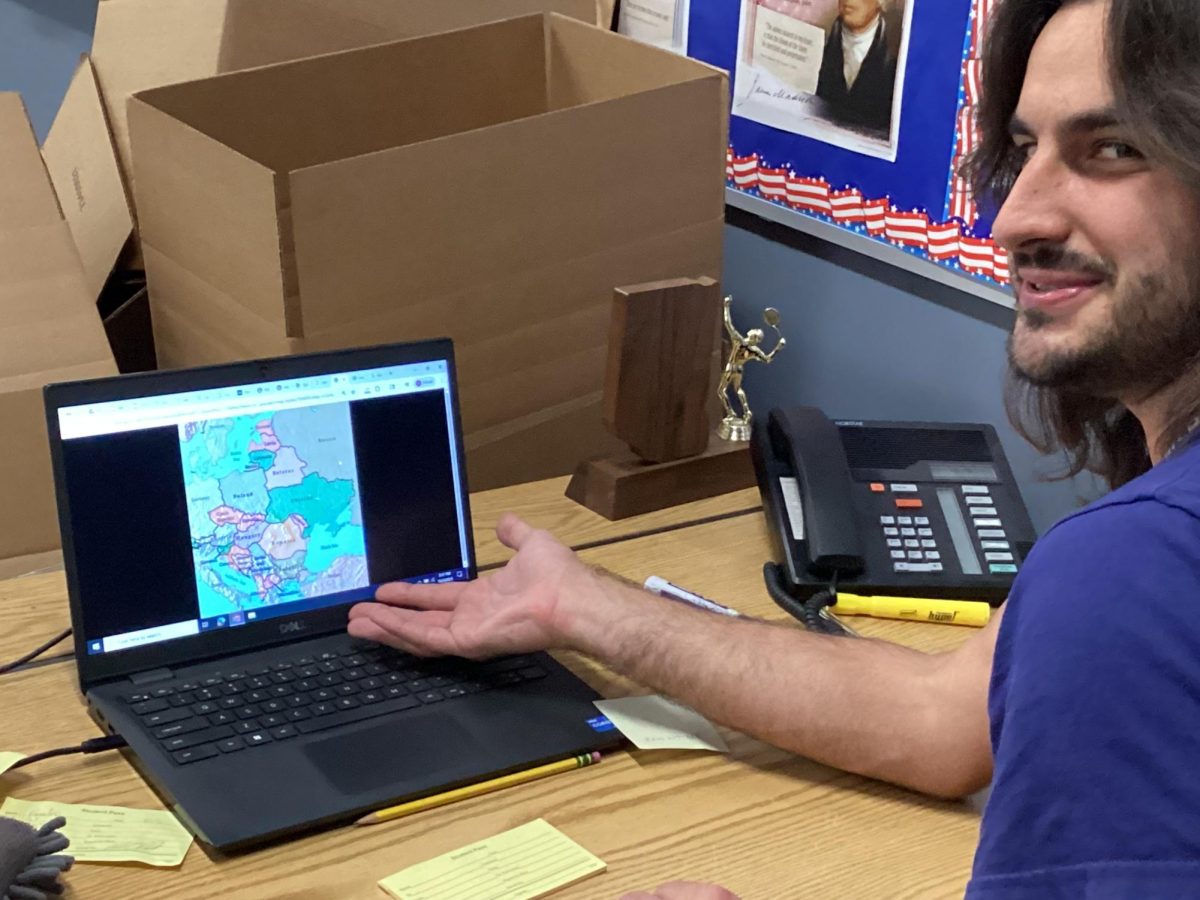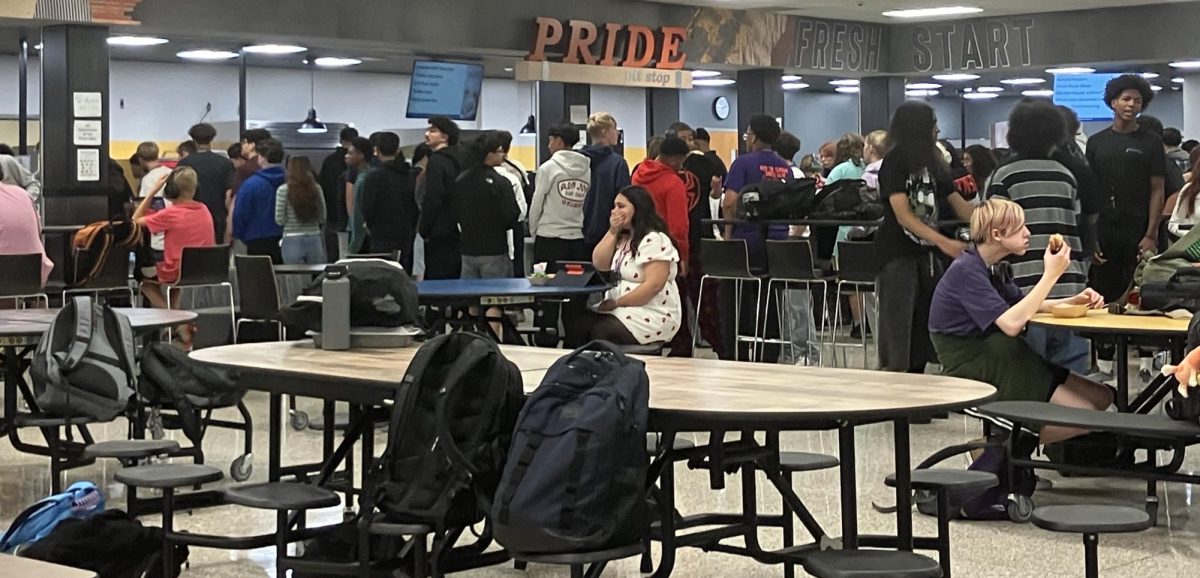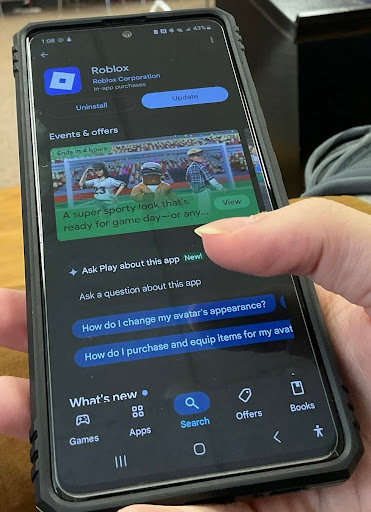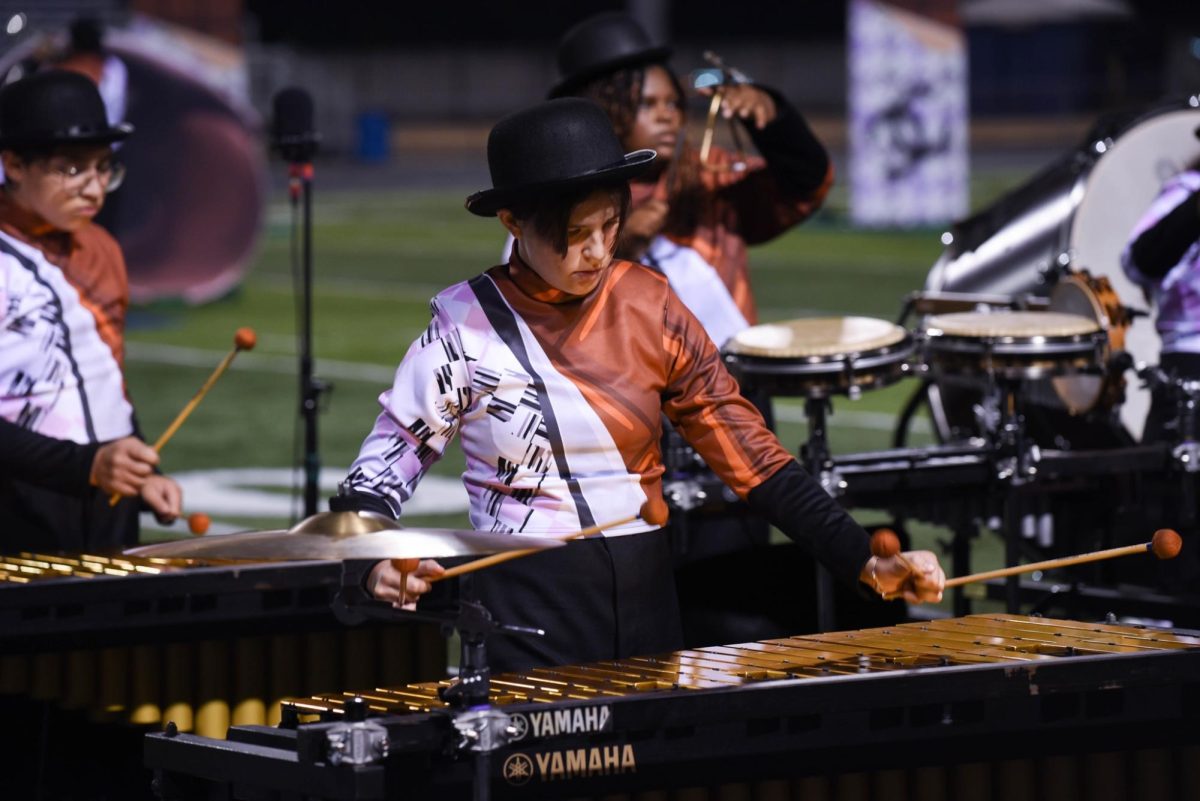Society is always seeking loopholes. The most logical place to create them is through perceived miscommunication. Take, for example, students desiring to have their cell phones in high school.
What are PCD’s and What Aren’t?
According to the Indiana’s definition a PCD is “a portable Internet-accessing device that is not the property of the district that can be used to transmit communications by voice, written characters, words or images, share information, record sounds, process words, and/or capture images”—meaning cameras would be considered a PCD. But, something that can’t access the internet or record/take pictures or videos—for example a PSP or a DS—would be an exclusion from this rule. Sophomore Jarrod Edward reacts. “I think they are dumb.” Referencing those teachers in favor of the policy, he teasingly adds, “They like being annoying and don’t understand technology.”
Are Phones Really PCD’s?
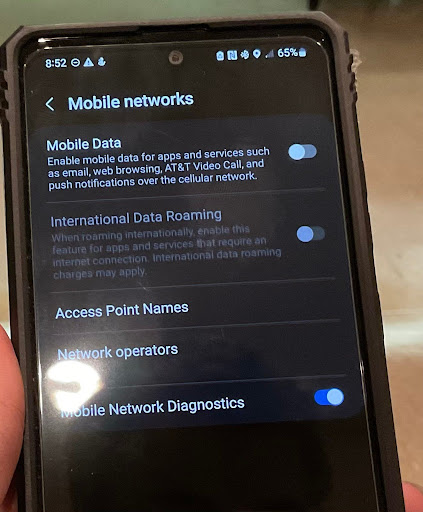 Clearly, the average phone could be considered a PCD, one that would be a device that couldn’t take pictures or record videos. So, what if those abilities were taken away? By putting tape that’s not clear over the camera and disabling the microphone—and, for safe measures, disabling data—this would render a regular smartphone into a rather limited, colorful battery… BUT make it now considered a non-PCD, as it no longer has any recording means or any access to the internet, which includes the ability to send messages or anything really.
Clearly, the average phone could be considered a PCD, one that would be a device that couldn’t take pictures or record videos. So, what if those abilities were taken away? By putting tape that’s not clear over the camera and disabling the microphone—and, for safe measures, disabling data—this would render a regular smartphone into a rather limited, colorful battery… BUT make it now considered a non-PCD, as it no longer has any recording means or any access to the internet, which includes the ability to send messages or anything really.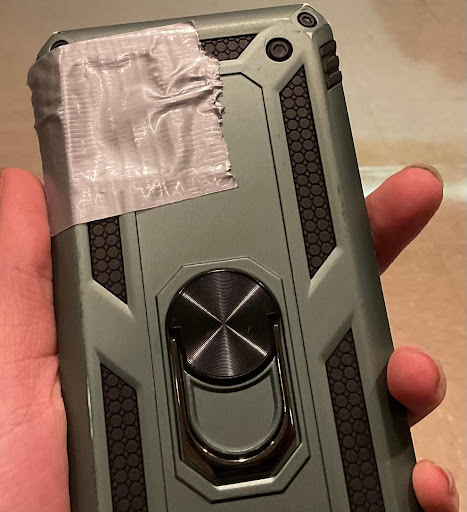
However, Mrs. Beth Quick, the EHS technology integrator, cautions, “I don’t think you change the definition of a device by disabling its functions.” Explaining further, she offers an analogy. “If a self-driving car removes the self-driving car feature, it’s still a self-driving car on the software side.”
Is the Policy Excessive and Useless?
While calling the policy useless is an overstatement, it’s not far from the truth, due to teachers already having the ability to temporally confiscate distracting materials if the student is not paying attention—which means all the policy does is generally “nothing” compared to what teachers could already do, but does scare students into not taking phones out to begin with. While calling the policy excessive is an understatement, due to the daisy chain of when one student gets his device taken away students become scared to get theirs taken away, too (usually). Connor Threet, a EHS Sophomore exclaimed, “Wow! That [theory] was real cool!”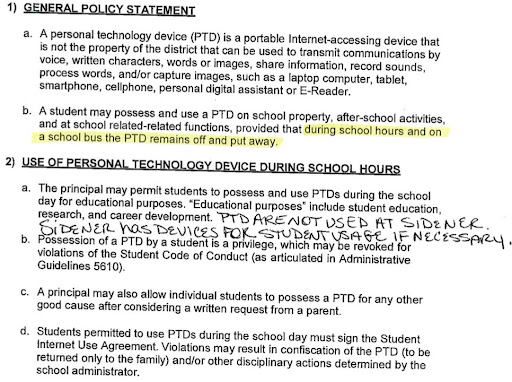
What Does this Mean for the Phone Police?
This means that there is a mostly open loophole that can cause some crafty students to be confused—but also a possible way for students who want to use tech, a possible argument, for good or for bad. So, this loophole or miscommunication should be addressed and fixed sooner than later to prevent an outbreak of duck taped cameras and argumentative students.







